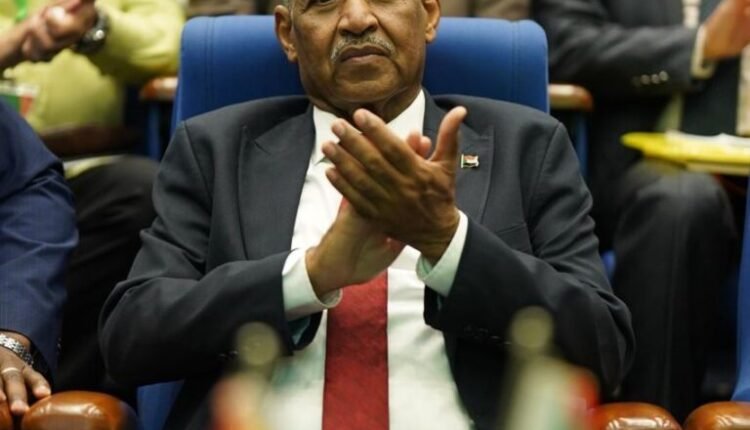Sudan Calls on Arab States to Establish Logistics Zones on the Sudanese-Egyptian Border

Cairo – Sabah – Nazik
The Sudanese Ambassador to the Arab Republic of Egypt, Imad al-Din Mustafa Adawi, revealed that Sudan has submitted a request to Arab countries to support the establishment of logistics zones along the Sudanese border, during the 37th session of the Council of Arab Ministers of Transport.
Speaking at the opening session of the preparatory workshop for the Second Egyptian-Sudanese Business Forum held in Cairo on Sunday, which focused on implementation mechanisms for reconstruction and logistical connectivity between Egypt and Sudan, Ambassador Adawi stated that the proposal received wide Arab support and backing from regional expertise institutions.
He urged the business sectors in both countries to actively engage with the study once it is approved by the Arab Ministers of Transport, noting Sudan’s ongoing recovery efforts and emphasizing that the private sectors in both nations will play a leading role in driving that process.
Adawi also praised the Egyptian leadership’s support for Sudan’s reconstruction phase and cooperation across various fields, citing as an example the Egyptian Ministry of Transport’s involvement in the rehabilitation of the Halfaya and Shambat bridges, which he described as a reflection of the deep and sacred ties between the two brotherly nations.
For his part, Joseph Makin, Chairman of the Egyptian-Sudanese Business Council, stated that the time has come to move from intentions to implementation, and from bilateral cooperation to institutional partnership based on strategic planning, feasible projects, and resource integration.
Makin stressed the importance of logistical connectivity between Egypt and Sudan, calling it the key that unlocks all opportunities for mutual development. He explained that trade cannot flourish, nor can investments expand, without an integrated and secure network of transport, ports, crossings, and storage centers.
He added that the Egyptian-Sudanese Business Council views logistical integration as the backbone of joint development, stating:
“The Council does not see itself merely as a liaison between the public and private sectors, but as an executive partner in achieving economic integration between the two countries — a practical bridge connecting high-level political visions with the real interests of investors on the ground.”
Shortlink: https://sudanhorizon.com/?p=8273

